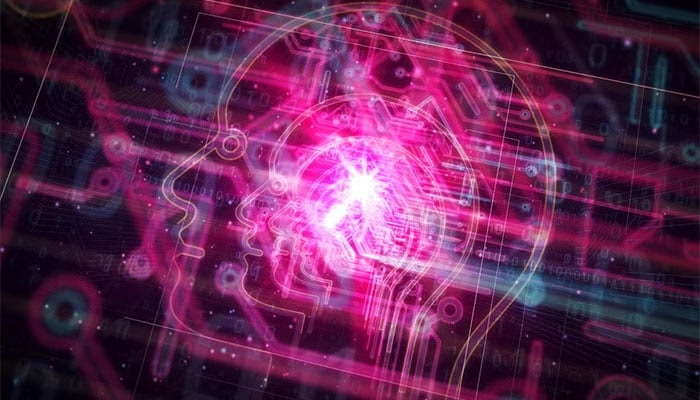Jeffrey Hinton, widely regarded as the godfather of artificial intelligence (AI), has issued a stark warning about the rapid advancement of AI technology. A renowned computer scientist and professor at the University of Toronto, Hinton has spent decades pioneering machine learning—the foundation for AI systems like ChatGPT. His groundbreaking work has reshaped the way computers mimic human intelligence, and in 2024, he was awarded the Nobel Prize in Physics for his contributions to AI technology.
However, alongside his accolades, Hinton has become a vocal advocate for cautious AI development, emphasizing the potential dangers this technology poses to society.
AI’s Exponential Growth Surpassing Expectations
In a recent interview, Hinton expressed concern about the pace of AI progress, noting that advancements are far exceeding his initial expectations. “Currently, most experts in this field believe that at some point, possibly within the next 20 years, we will develop AI systems that are more intelligent than humans,” he stated. Comparing AI’s current state to that of a 3-year-old child, Hinton warned, “Children grow up very quickly.”
According to Hinton, the implications of such progress could rival the transformative effects of the Industrial Revolution. During that era, machines replaced human strength, reshaping industries and societies. Now, Hinton suggests, AI is poised to replace human intelligence, leaving ordinary cognitive abilities stagnant while machines advance at an unprecedented rate.
Balancing Promise and Peril
Hinton acknowledges the remarkable potential of AI to revolutionize industries, particularly in the medical field. From enhancing diagnostic accuracy to streamlining operations, AI could significantly increase efficiency across sectors. Yet, he cautions that without proper oversight, the technology could lead to societal harm.
In 2023, Hinton made headlines by resigning from his position at Google. He cited concerns that malicious actors could exploit AI to harm others. Reflecting on this decision, he reiterated the urgent need for laws to prevent misuse. “We need regulations to ensure AI is used responsibly,” he emphasized.
Hinton also fears that unchecked AI advancements could exacerbate economic inequalities. Automation and AI-driven systems may displace millions of workers, leading to widespread job losses. “AI could be devastating to society if it causes many people to lose their jobs,” he warned.
The Role of Political Systems in Shaping AI’s Future
Hinton believes that the trajectory of AI’s impact will largely depend on political and regulatory frameworks. Governments and institutions must act decisively to harness AI’s benefits while mitigating its risks. “It will depend on what our political systems do with this technology,” he said, stressing the importance of proactive measures to prevent misuse and ensure equitable outcomes.
A Call for Responsible Innovation
Despite his concerns, Hinton remains optimistic about AI’s potential to improve lives. In addition to revolutionizing healthcare, AI could foster innovations that enhance productivity and solve complex global challenges. However, realizing these benefits requires a collective commitment to ethical development and usage.
Hinton’s warnings serve as a wake-up call for the global community. As AI systems grow increasingly sophisticated, society must navigate a delicate balance between innovation and caution. The choices made today will shape the future of AI and its role in our lives for generations to come.
Jeffrey Hinton’s insights highlight both the immense promise and the grave risks of AI technology. While its advancements could revolutionize industries and improve lives, the potential for misuse and societal disruption cannot be ignored. Governments, organizations, and individuals must work together to ensure AI serves humanity responsibly and ethically.



